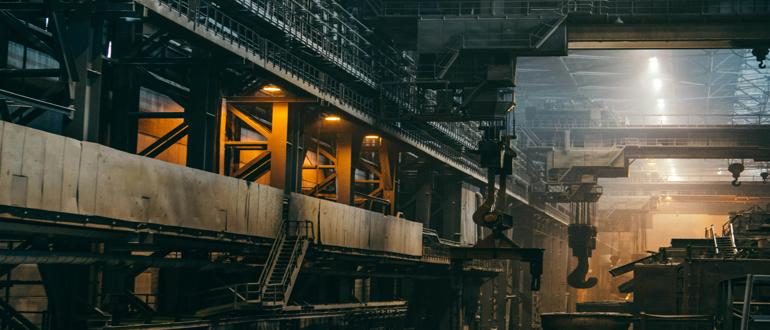
Artificial intelligence (AI) has moved beyond theory to offer practical benefits for industrial applications. Recent data from Deloitte suggests that 93% of manufacturing companies consider AI a pivotal technology in driving growth and innovation.
One area that holds significant potential for adoption is maintenance, repair and operations (MRO). A critical part of any successful industrial enterprise, MRO has become increasingly complicated as companies look for ways to optimize stock levels and streamline production performance — all while handling massive amounts of data.
AI offers a way to shift MRO processes from reactive to proactive, allowing companies to make data-driven decisions that enhance ROI.
Why AI Matters for MRO
Effective MRO depends on data. For example, inventory management requires information about current stock levels, stock locations, timelines for new stock delivery and current consumer demand. Maintenance, meanwhile, is all about metrics — if high-volume machinery begins to display inconsistent performance outputs or steadily increasing temperature ranges, it may be time for repair or replacement.
AI makes it possible to capture MRO data across the organization. More importantly, AI tools are capable of comparing, correlating and analyzing this data to produce meaningful results. This is accomplished thanks to machine learning (ML), a concept closely tied to AI.
In practice, AI tools perform a specific function, such as scanning stock levels or notifying the staff when warehouses contain “X” amount of product or monitoring production operations and sending out alerts when machinery operations pass a specific threshold. Machine learning algorithms go to work under the hood. These pieces of code are capable of “learning” when provided with a basic ruleset and large amounts of data, and over time get better at recognizing and reacting to MRO conditions that require response.
Key Impacts of AI in Maintenance, Repair and Operations
Applying AI to MRO can result in many positive impacts for industrial enterprises, such as:
Optimized Maintenance Schedules
All machinery requires maintenance. However, having multiple machines offline at the same time can significantly limit production performance and product outputs. AI tools can help create optimized maintenance schedules that consider key data points such as which machines see the most use, which are most likely to break based on historical data and which result in the biggest monetary and time losses if they break down.
Reduced Machinery Downtime
Machines fail, and when they do, downtime is inevitable. The longer the downtime, the more money a company loses.
AI tools identify key indicators of machinery failure and can notify the staff to act. For example, AI may detect a temperature and pressure pattern within a production line machine that is often the indicator for mechanical failure.
Streamlined Inventory Management
As companies move to just-in-time inventory approaches that reduce the risk of overstock while keeping up with consumer demand, accurate inventory data becomes essential. Intelligent MRO solutions collect and compile all relevant inventory information including what’s currently in stock, what’s on the way and how predicted demand will impact required inventory levels.
Equipped with this data, companies can make informed decisions about stocking, ordering and pricing.
Improved Operational Efficiency
By combining data across maintenance, inventory and operations, companies can create holistic plans for improved efficiency. This might include the use of automated systems to scan inventory as it arrives, autonomous vehicles or conveyor belts for moving stock to its designed location and digital picking tools that create digital chains of ownership and provide complete stock visibility.
Getting Started with Intelligent MRO
Intelligent MRO isn’t static. Along with issue detection and remediation, MRO frameworks are beginning to integrate generative AI (GenAI). This language-driven approach to AI focuses on the generation of new ideas and concepts — instead of simply detecting patterns. GenAI can extend its reach to detect and define new data relationships.
As a result, AI offers massive potential for MRO but requires the right approach needed to maximize operational benefits.
One option is the broad adoption of AI — effectively throwing everything at the wall to see what sticks. While this will yield some benefits, it will likely come with losses that may offset possible gains. Instead, businesses are often best served by partnering with industrial technology companies that can help them identify use cases, select targeted toolsets and integrate AI applications.
This slow-and-steady approach to intelligent MRO provides reliable ROI up-front and sets the stage for large-scale adoption once companies become more familiar with AI-enabled maintenance, repair and operations.


